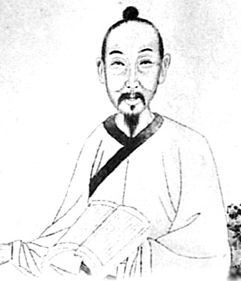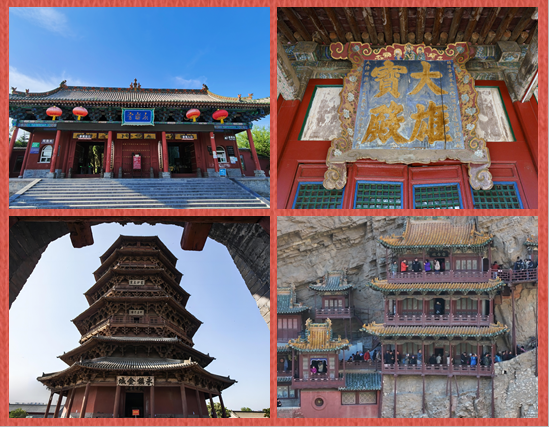Fu Shan
Fu Shan (1607-1684) was a scholar in early Qing Dynasty. Also known as Dingchen, Qingzhu and Qingyi Daoren, he was a native of Yangqu, Shanxi province. He was also a famed thinker, medical scientist and painter of his times. He was a loyalist to the Ming Dynasty, which was taken over by the Qing Dynasty in 1644. In the 13th year of the reign of Emperor Chongzhen of Ming Dynasty he was involved in a partisan struggle, where he and his fellow scholars tried to rescue Yuan Jixian, the chief education official in Shanxi, who was trapped in a framed-up circumvention by a gang of eunuchs. With the fall of the Ming Dynasty, he retreated to live a life as a hermit. When the Qing authorities tried to offer posts to renowned scholars in the country, Fu rejected with the excuse of illness. He was forced to go to Beijing to accept his assignment as a senior cultural official. He was versatile in history, studies of ancient classics, Buddhism, Taoism, medicines, poetry, calligraphy, painting and phonology. He published a number of books in these diversified fields. His two masterpieces of calligraphy, the semi-cursive script of Memorial to the Danfeng Pavilion and the cursive script of Rendering of Meng Haoran's Poems, are now collected by the Liaoning Museum and the Palace Museum respectively. It was said that Fu was the inventor of Eight-Treasures Soup, which, combining eight ingredients, is a tonic that helps seniors improve their immunity. The 300-year-old food is now a renowned specialty in Taiyuan, capital of Shanxi province.




